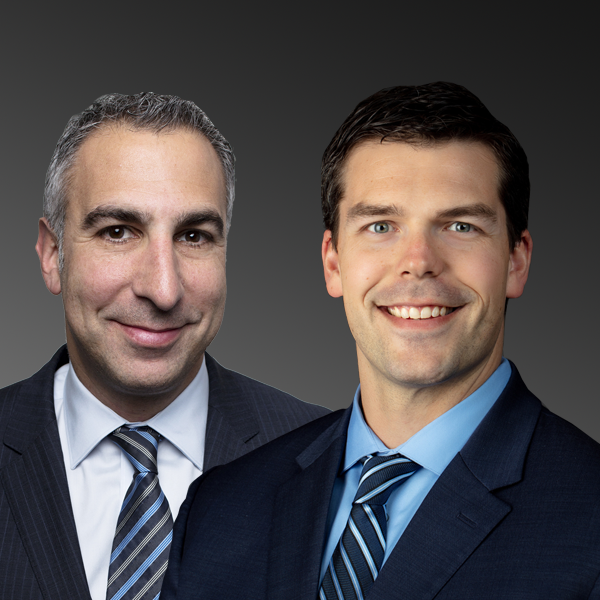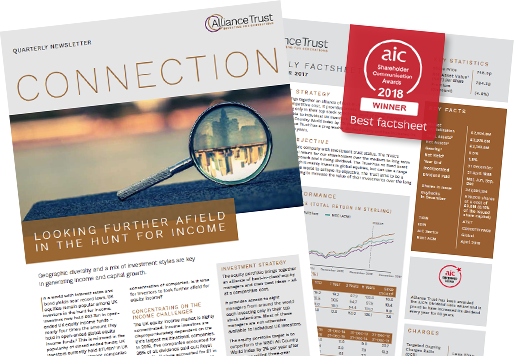ESG is for life, not just for pandemics
A crisis of the scale we are currently attempting to navigate comes with many risks. Clearly, the risk to the public health is paramount, but it also carries risks for the economy.
Prior to the Covid-19 pandemic, ESG investment was experiencing a boom. Investors flocked to specialist ESG funds, those that prioritise investment on ethical, social, and good governance lines, and demanded more from their fund managers.
However, when priorities changed to securing economic recovery, to looking for income after dividends have been scrapped by many companies, many began to question if ESG considerations risked being neglected and forgotten amongst the furore.
From attitudes of the general public, it seems that the groundswell of opinion is that ESG is important. This is particularly true among millennials who have a strong belief in the power of accounting for ESG and the impact it can have on financial returns. Three-quarters (75%) of millennials agree that their investments could influence climate change, for example.
At Willis Towers Watson, Alliance Trust’s investment manager, we maintain that ESG continues to be of upmost importance and will have even greater significance long after the virus has abated, not just on climate concerns (although these are key), but also when it comes to the issue of corporate governance.
Despite the short-term distraction in markets and amongst investors, ESG will rightly be placed high on the agenda over the coming years. 2020’s crisis has only shone light on the need for strong corporate governance.
UK and European legislation will continue to demand a focus on responsible and ethical governance structures, and the public are increasingly focused on the underlying purpose of companies and the values and actions of their leaders.
If the crisis has done one thing, it has thrown into sharp contrast those businesses seen to be taking the long-term view and those that appear to be putting short-term profits above all else. Those that take the long-term view are looking to do the right thing by their multiple stakeholders, not just shareholders but also their clients, employees, wider society and the planet. This will surely have a lasting impact on investors’ approaches to judging a company.
The ‘G’ in ESG covers a broad range of areas. It encompasses measures such as management, board structure, policies, standards, auditing and compliance. Transparency and accuracy are vital here – investors want to know that a company’s accounts are a true reflection and that their processes are ethical.
As investors, focusing on how a business is governed and how the business functions is, we believe, intrinsically linked to the sustainability of the business and returns for investors in the future.
Good stewardship and oversight of firms’ corporate governance is among the most useful functions of the asset management industry. Rather than simply attempting to beat a benchmark in the short-term, where there are always winners and losers, strong stewardship and engagement has broad benefits for most, if not all, stakeholders. A business with strong corporate governance is more than likely to be more efficient, more trusted, garner loyalty from employees and boost productivity, and ultimately should lead to a boost in returns for shareholders.
There have been far too many examples in recent times of what can happen when oversight is lacking, from accounting scandals and excessive executive pay to value destructive acquisitions and loss of customer trust. Boards and regulators have a big part to play in pushing for improvements, but investors are also a key check and balance in the system. Despite this process consisting of uncomfortable conversations and confrontations with company management, increasingly it is understood among the asset management industry that getting involved, either publicly or behind closed doors, can reap rewards.
Stronger corporate governance creates a more sustainable business framework for the future. A company that does not take care over its accounts, or does not have diversity of thought or background on its board, is not a business that is future-proof and ready to adapt and change as the world moves on.
As investors, our responsibility to the wider world is to support businesses that contribute to the E, S, or G, and to support businesses trying to improve. The world is set to become one where more people, investors and otherwise, demand greater action from companies and their stakeholders and asset managers can no longer sit back, they must become more active in their engagement. Rather than quelling the growth of ESG, we believe the outbreak of the virus and upheaval of life as we know it in 2020 could well accelerate the move towards a more aware and considerate form of corporate culture. This shift would reflect the ongoing change amongst us all, a shift in which we are all more cognisant of the wider implications of the actions we take and decisions we make.






